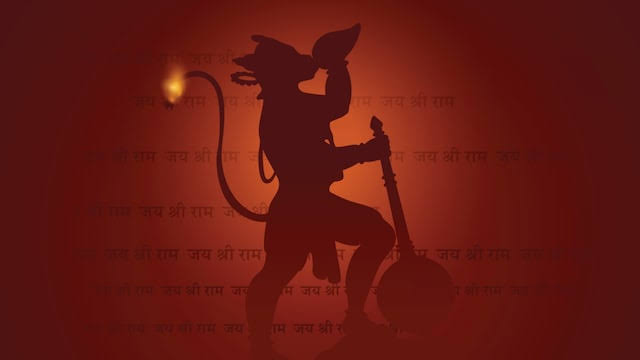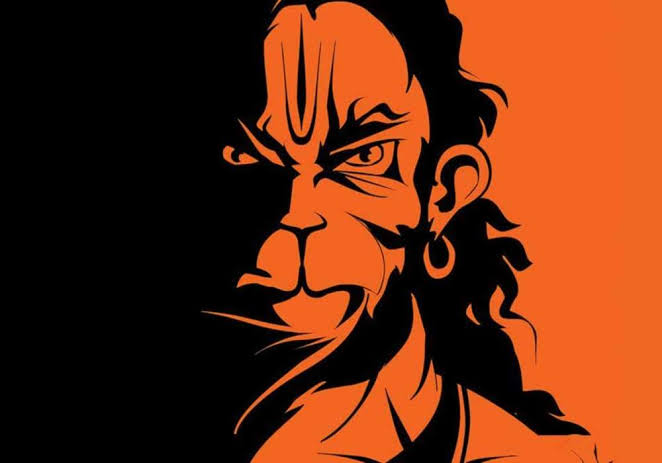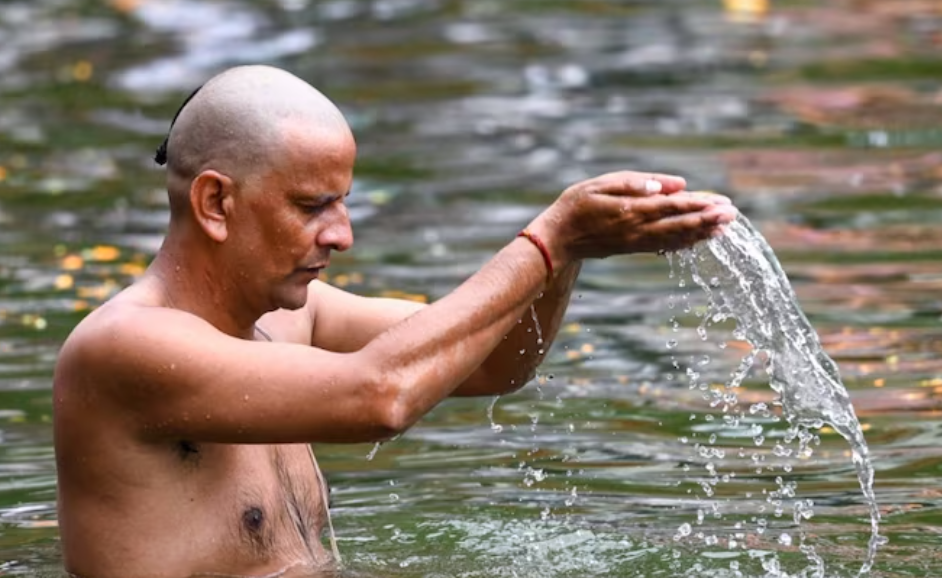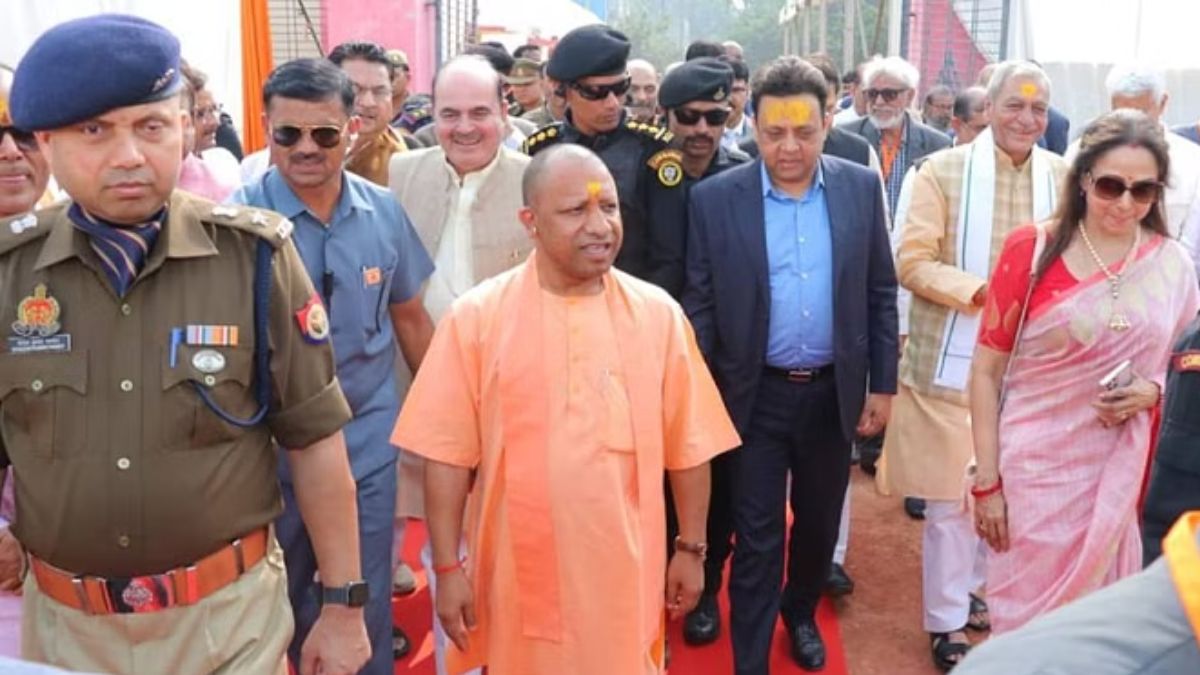Devotees across the country and beyond are preparing to celebrate Hanuman Janmotsav on April 12, 2025, a deeply spiritual occasion that honors the birth of one of the most revered figures in Hinduism—Lord Hanuman. The full moon day of the Hindu month of Chaitra is marked with prayers, fasting, and heartfelt devotion as people come together to remember the extraordinary life and values of Pavan Putra Hanuman.
 Known for his immense strength, unwavering devotion, and boundless courage, Lord Hanuman holds a special place in the hearts of millions. But beyond his divine powers, it is his loyalty and humility that continue to inspire people of all ages. Born to Anjani and Kesari with the blessings of Vayu Dev, the wind god, Hanuman is celebrated not just as a deity, but as an eternal symbol of service, faith, and righteousness. The transition from referring to this occasion as “Hanuman Jayanti” to “Hanuman Janmotsav” is being embraced with warmth, as it shifts the focus from mere remembrance to joyous celebration—a festival of birth, vitality, and spiritual awakening.
Known for his immense strength, unwavering devotion, and boundless courage, Lord Hanuman holds a special place in the hearts of millions. But beyond his divine powers, it is his loyalty and humility that continue to inspire people of all ages. Born to Anjani and Kesari with the blessings of Vayu Dev, the wind god, Hanuman is celebrated not just as a deity, but as an eternal symbol of service, faith, and righteousness. The transition from referring to this occasion as “Hanuman Jayanti” to “Hanuman Janmotsav” is being embraced with warmth, as it shifts the focus from mere remembrance to joyous celebration—a festival of birth, vitality, and spiritual awakening.
According to the Drik Panchang, the Purnima Tithi begins at 3:21 AM on April 12 and ends at 5:51 AM on April 13, with most observances taking place on the 12th itself. Devotees rise before dawn, take ritual baths, and visit Hanuman temples where special prayers and havans are conducted. Many also chant the Hanuman Chalisa, perform Sundarkand paath, and sing bhajans dedicated to the Lord. Offerings of oil, sindoor, flowers, and sweets like boondi and laddoos are made at temples and home altars. In many households, the celebration includes storytelling sessions where children learn about Hanuman’s childhood adventures—like leaping toward the sun thinking it was a fruit—or his pivotal role in the Ramayan, from carrying the Sanjeevani mountain to rescuing Lord Ram and Lakshman from the clutches of evil.
Some devotees observe a day-long fast, consuming only fruits, milk, or water, as a gesture of respect and dedication. Others choose to spend the day immersed in spiritual practices, keeping their hearts and homes open to the presence of Hanuman, who is believed to be present wherever Lord Ram’s name is chanted. In fact, it’s a tradition to leave a symbolic empty seat during any Ram-related paath, believing that Hanuman himself will come to listen.
What makes Hanuman Janmotsav truly special is not just the rituals, but the emotion behind them. It is a day when people connect with their inner strength and faith, drawing inspiration from the one who stood by his Lord through every battle, every hardship. Known by many names—Bajrangbali, Anjaneya, Maruti Nandan—Hanuman is not just worshipped, but deeply loved.
As the world celebrates Hanuman Janmotsav this year, there is a quiet but powerful shift in how this sacred day is perceived. Moving from the solemnity of the term “Jayanti” to the warmth and celebration of “Janmotsav” brings with it a deeper cultural resonance. It reminds us that the birth of someone as divine as Hanuman is not just to be marked, but to be celebrated—with devotion in the heart, joy in the soul, and the timeless stories of his valor echoing through homes and temples alike.




